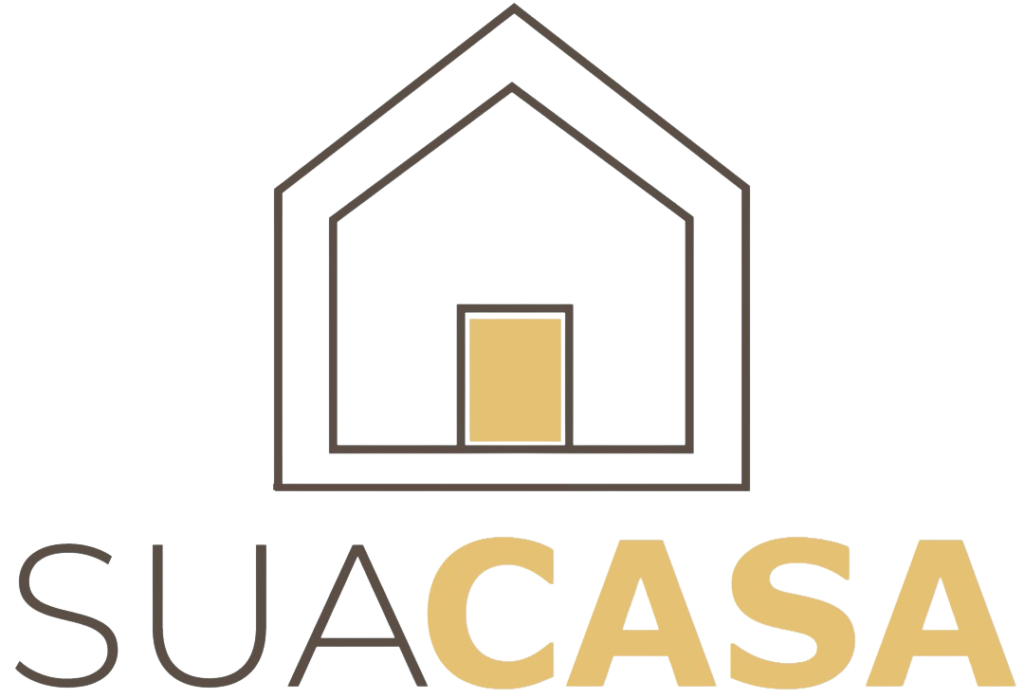Airbnb recently announced important updates to its Off-Platform and Fee Transparency Policy. Although Airbnb has enforced similar guidelines in the past (for instance, throughout 2024), these latest changes are stricter, clearer, and more rigorously enforced. Hosts, property managers, and technology providers need to understand exactly what’s different, what’s clearer, and what action to take immediately.
In this article, we’ll help you clarify precisely what Airbnb’s new rules mean, especially around:
- Fees transparency and payment methods
- Use of third-party apps and guest communication tools
- How these changes compare to previous Airbnb policies and other platforms like Booking.com
Let’s dive in.
🔑 1. What Exactly Are These Big Changes?
The core changes in Airbnb’s policy are centered on two main areas: fees/payment transparency and third-party apps or services used by hosts.
Here is the exact wording from Airbnb’s Off-Platform and Fee Transparency Policy (current as of May 2025):
“Requiring guests to use other websites or apps to physically access their listing:
- Asking guests to create a separate account or register on another website besides Airbnb.com for purposes of gaining entry to a listing.
- Asking guests to install a third-party app to access a listing; all listings on Airbnb must be accessible without requiring they have another app or account.
Exceptions: Additional registration or installation of apps is permitted where it’s required for legal or compliance reasons which a Host can verify in writing upon request by Airbnb (such as local laws, HOA rules, building security rules). Hosts must include information about what is required, and why, in their guest-facing listing description.”
Additionally, Airbnb clarifies fee-related rules:
- All mandatory fees (utilities, pet fees, resort fees, etc.) must be included in your nightly rate or clearly listed in the “Additional Charges” field.
- Security deposits can no longer be collected externally, except in very limited cases. Instead, Airbnb emphasizes protection via its own AirCover for Hosts.
- All optional add-on fees (parking, pool heating, etc.) must be processed through Airbnb’s Resolution Center. No direct or cash payments are allowed.
📖 2. Haven’t These Policies Existed Already?
You’re correct—Airbnb’s Off-Platform Policy isn’t new. Throughout 2024, Airbnb enforced a similar policy prohibiting:
- Taking payment off-platform
- Moving bookings off Airbnb
- Requiring guests to install third-party apps or sign up on external websites
However, enforcement was often inconsistent, creating ambiguity and gray areas. For example, historically, Airbnb explicitly prohibited payments outside the platform for safety and traceability—a significant difference compared to platforms like Booking.com, which allow direct payments between guest and host. Yet, in practice, many hosts collected fees (such as pool heating, pet charges, or even damage deposits) directly from guests without consequences.
Damage deposits, in particular, were historically ambiguous. Airbnb allowed hosts to mention security deposits but never collected them itself—implicitly leaving hosts to handle deposits off-platform. This created a “gray zone,” where hosts technically violated the “no external payment” rule without being penalized.
Now, Airbnb has clarified this ambiguity: external damage deposits are explicitly prohibited for most hosts, reinforcing Airbnb’s internal damage coverage (“AirCover”) instead.
🔍 3. Why Is Airbnb Making These Changes Now?
Airbnb has three key motivations behind this stricter policy update:
- Compliance with new regulations, especially the US Federal Trade Commission’s (FTC) price transparency rules.
- Platform protection, ensuring all guest-host interactions, payments, and feedback remain within Airbnb’s ecosystem.
- Enhanced trust and safety, minimizing guest confusion about hidden or additional fees, improving transparency.
📌 4. What’s the Practical Impact on Hosts & Property Managers?
This policy significantly impacts your Airbnb operations, specifically how you handle listings, guest interactions, and technology usage:
✅ Fees & Payments: What You Need to Do Now
- Clearly integrate all mandatory fees directly into Airbnb’s pricing fields.
- Stop taking external security deposits or damage waivers. Trust Airbnb’s AirCover instead.
- Use Airbnb’s Resolution Center exclusively for optional or add-on fees—no external payments (cash, Venmo, PayPal, etc.).
✅ Third-Party Apps & Guest Communication: Immediate Action
- Ensure property access does not require mandatory third-party apps or website logins. Offer guests an optional non-app-based alternative, such as a physical key or keypad code.
- Cease collecting guest emails or other personal data from Airbnb bookings unless clearly allowed by compliance laws and explicitly communicated in your Airbnb listing.
- If using external guest portals or apps, verify explicitly that guest registration is optional or legally required.
⚙️ 5. Technical Nuances: “Apps,” “Web Apps,” and Third-Party Tools
There’s significant confusion and debate around Airbnb’s exact terminology (“apps,” “web apps,” “third-party services”). Airbnb’s policy explicitly uses the terms “third-party apps” and “other websites”:
- Any tool or platform (web app or mobile app) requiring mandatory registration or login is considered prohibited unless legally mandated and clearly disclosed.
- Airbnb does not explicitly distinguish between mobile apps and web apps. Therefore, assuming web apps are automatically compliant could be risky.
⚠️ Our Recommendation to Hosts:
- Don’t assume web-based solutions (“web apps”) are automatically compliant.
- Confirm explicitly with your technology provider whether guest registration is mandatory. If it is, require they provide a compliant alternative method immediately.
🖥️ 6. How These Changes Impact Vacation Rental Tech Providers
The vacation rental tech industry faces real challenges with this new policy, particularly for tools that involve:
- Mandatory smart-lock apps
- Guest portals requiring login credentials
- Email-capture solutions for marketing (such as Wi-Fi login systems)
- Third-party payment systems used for external fee collection
Providers must now quickly pivot by:
- Ensuring guest logins are fully optional (or clearly mandated by compliance/legal exceptions).
- Providing fully Airbnb-integrated workflows for upsells and optional fees.
- Clearly documenting compliance exceptions (such as GDPR consent or local authority reporting apps required by law, like in Spain).
🚪 7. How Does This Affect Direct Bookings?
Airbnb’s stricter rules complicate converting Airbnb guests directly to your website or marketing funnel:
- You cannot collect emails or personal data from Airbnb guests for your marketing.
- You cannot initiate post-stay off-platform follow-ups to encourage direct bookings.
To adapt, hosts must develop alternative independent marketing channels outside of Airbnb—leveraging SEO, social media, organic search, and clear opt-in methods—to build their direct guest database without relying on Airbnb guest data.
📢 8. The Bottom Line
While Airbnb’s policy updates significantly clarify and tighten previous guidelines, compliance is achievable through careful adjustments to your listing management and tech stack.
These stricter rules underline Airbnb’s intention to enhance trust, maintain platform control, and comply with regulatory pressures. Property managers and hosts who adapt quickly, embrace compliance, and strategically develop independent direct booking channels will find themselves best positioned for future growth.







